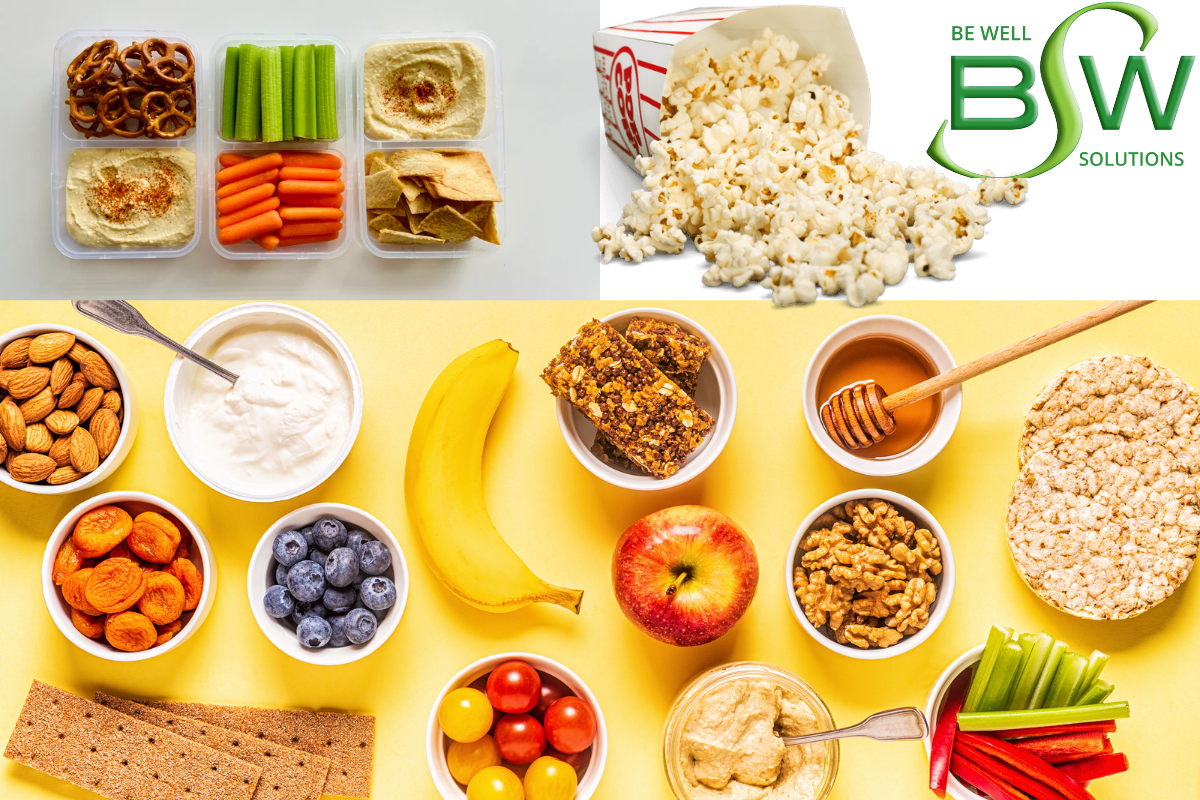
Myth: You can’t get enough protein unless you consume meat.
False. Protein is in a variety of foods besides meat and poultry including nuts, peanut butter, beans, lentils, quinoa, eggs, soy (tofu, edamame, and soy milk), and dairy products (milk, cottage cheese, and Greek yogurt).
While you are planning your meals for the week, think of ways that you can add plant-based protein sources to your favorite dishes. For example, instead of adding chicken to your salad, use no sodium-added garbanzo beans. Not only will the beans add protein, but they are also a good source of fiber, which can help with weight management.
Myth: Fruit is too high in sugar so I should avoid it.
False. There are two types of sugar: natural sugar and added sugar. Fruit contains natural sugar as well as many beneficial nutrients like fiber, vitamins, and minerals. Limit added sugar like honey, brown sugar, high fructose corn syrup, etc. Aim for two servings of fruit each day. Fresh, canned fruit in 100% juice, no sugar-added dried fruit (raisins), and unsweetened frozen fruit are all nutritious choices. Not only are fruits and vegetables delicious but having a balanced diet that includes a variety of fruits and vegetables may reduce the risk of heart disease, stroke, and certain cancers.
Sometimes fruit will have sugar added to it like canned fruit in heavy or light syrup or dried fruit like craisins. Try to reduce your intake of the added sugar by draining and rinsing the syrup off the fruit.
Myth: Almond milk is high in protein.
False. Unfortunately, almond milk does not contain a significant amount of protein. In fact, one cup of almond milk only has 1 gram of protein. If you are looking for a dairy alternative, try unsweetened soy or ripple milk, which is a good source of protein.
Myth: Snacking is bad for you.
False. Not all snacks are created equal. Snacking can have a bad reputation but if you choose a nutrient-dense snack, then it can be part of a healthy meal pattern. A nutritious snack will provide your body with energy during the busy day and may help you prevent overeating at your next meal. Try combining two food groups together to make a balanced snack. A great snack would be an apple with two tablespoons of peanut butter.
Written by BWS Dietitian-Melissa Morningstar Vajas RD, LD
Continue reading April 2023 Newsletter: Building Your Workout Using the FITT Principle
